“The potential of this cooperation is immense”, Massruha told MAP, on the eve of her visit to Morocco. According to her, one key area is the tropicalization of wheat, with Embrapa developing varieties adapted to the conditions of the Cerrado, a wooded savannah spanning 23% of Brazilian territory.
These varieties are characterized by high tolerance to drought, she explained, stressing that the genetic variability of these germplasm could be exploited in traditional (non-transgenic) genetic improvement programs, both in Brazil and in Morocco.
“For Morocco, Brazilian expertise in germplasm exchange offers promising prospects in terms of food security and market development, reducing dependence on wheat imports”, she added.
Faced with challenges of sustainable soil and fertilizer management for the future of agriculture, the Brazilian official stressed the importance of sharing knowledge between the two countries with a view to developing innovative technologies.
This includes, she detailed, moisture storage through direct seeding and agriculture-livestock integration, as well as the exploration of alternative fertilizers, such as organo-mineral fertilizers and soil remineralizers.
To bolster the resilience of the agricultural sector in the face of water stress, she underscored that practices such as direct seeding, crop rotation and the use of slow-release fertilizers, especially nitrogen-based ones, are crucial given Morocco’s climate. She also mentioned the introduction of local plant species as ground cover to improve soil and water management.
However, she pointed out that these technologies require a testing and monitoring phase to assess their suitability, both in Morocco and in Brazil.
In conclusion, the President of Embrapa affirmed that this partnership will pave the way for joint initiatives focusing on innovation, training, technological adaptation and sustainability, thus helping to strengthen food security in Brazil, Morocco and Africa.
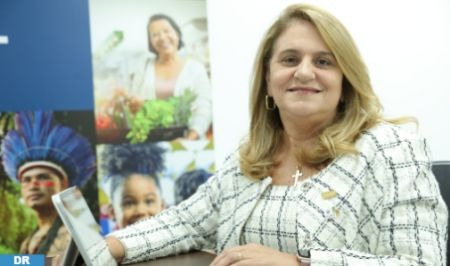
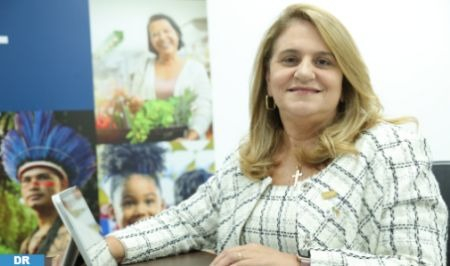
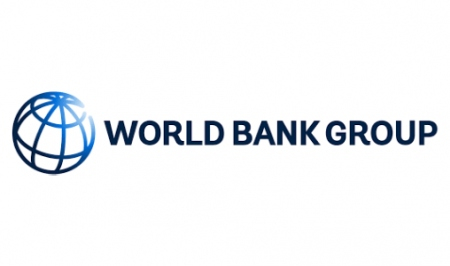
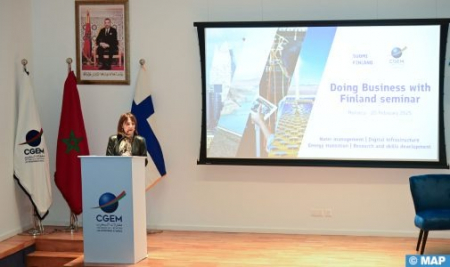
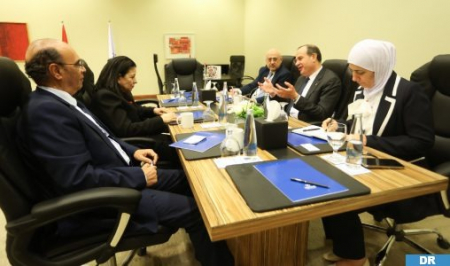
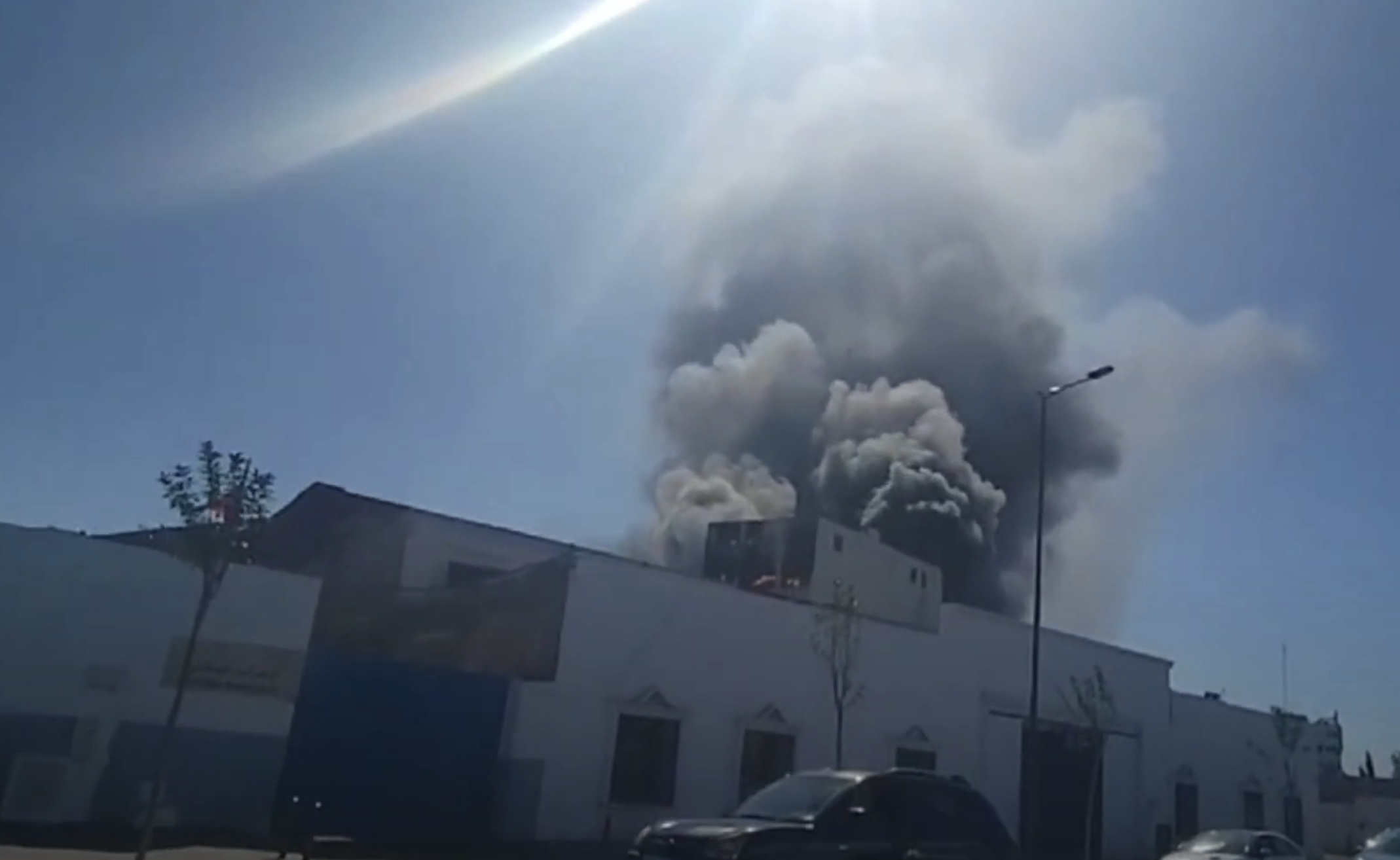


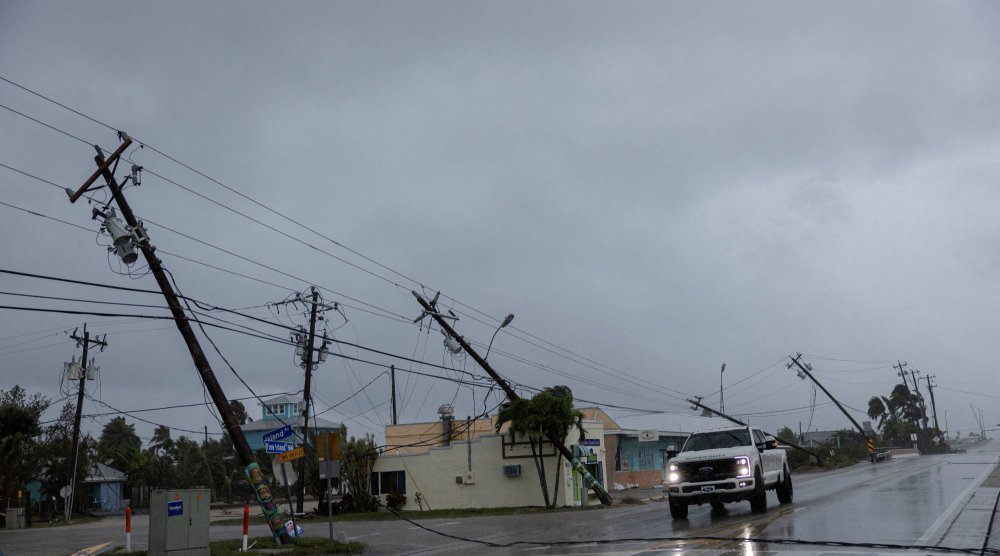


Comments
0